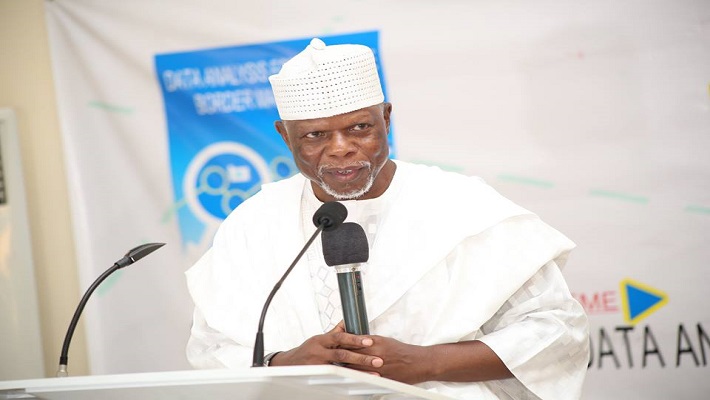The WCO has through its “Green Customs Global Conference” held recently on 27 and 28 June 2022, raised the awareness of Customs role in protecting environment, and heard the expectations for Customs from a range of stakeholders.
More than 20 speakers, 200 in-person participants from Customs administrations, international organizations, non-governmental organizations (NGOs), universities and the private sector actively participated in the dialogue with additional hundreds of listeners online.
In his opening remarks, WCO Secretary General, Dr. Kunio Mikuriya, explained that the WCO Council sessions had adopted “Green Customs” as one of the focus areas in its Strategic Plan and the resultant importance of hearing stakeholders’ views to well position Customs’ role in addressing climate change and related environmental issues.
In his keynote speech, EU TAXUD Director General, Mr. Gerassimos Thomas, mentioned some of EU initiatives and urged the Customs community to adapt itself to environment challenges.
The first panel looked at the concept of the circular economy and its relevance to Customs. The panellists explained emerging trade trends related to Circular Economy (recycling, reuse, repair and refurbishment of goods) and key challenges for a transition to a circular economy, including the lack of data to track and monitor the environmental footprint of trade.
Customs participants raised the issue of how best to identify goods for recycling as often hazardous waste for dumping is disguised as goods for recycling. During a side session focusing on the timber trade, experts underlined the role of Customs in combating deforestation.
The second panel took up the cross-border movement of waste as case studies of concrete actions by Customs. The panel provided some hints to achieve both circular trade and protection of society.
The third panel focused on implementation of trade policy, and therefore on HS and other Customs measures. While there was a strong demand expressed for more glandular codes for environmental goods for identifying its impact on environment, participants also noted the implementation aspect of HS and the HS review cycle.
Participants were further informed that the WCO Secretariat would be organizing a series of symposia on “Greening the HS” in the second half of this year to discuss these issues in depth.
The fourth panel looked at what Customs could do or would have to do in the field of environment and trade policies. They emphasized the need for Customs to be involved in open communication with trade, environment and other relevant government agencies and the private sector. They showcased some examples of using technology and innovation to manage environmental risks.
“This conference has successfully launched a dialogue between many stakeholders on environmental and trade policies to understand the complexity of the issue and to explore the role of Customs,” said Dr. Mikuriya in his concluding remarks, “Building on this dialogue, we will continue to further promote the environmental protection and adapt Customs to this global need in cooperation with our stakeholders.”

































































